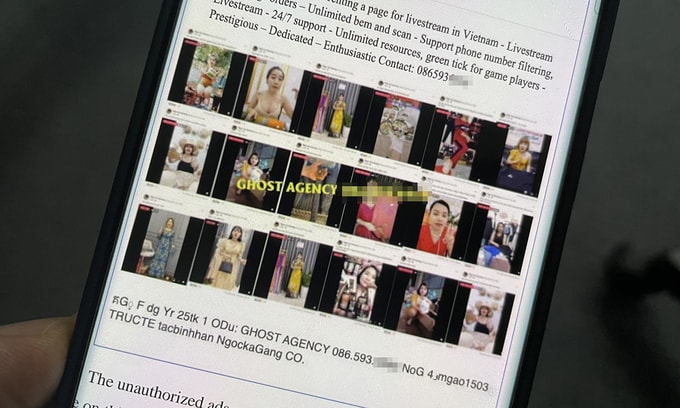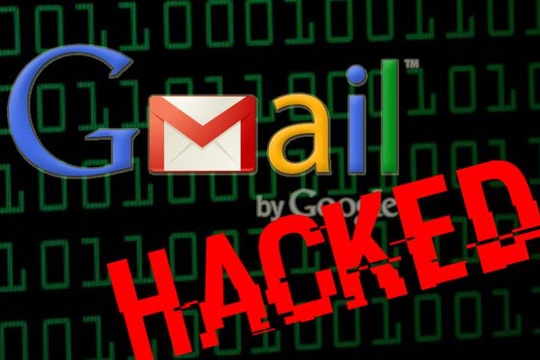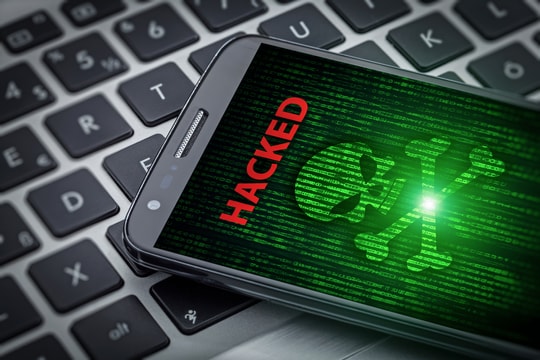What is the possibility that the 4 Vietnamese people being sued by Facebook will happen?
The US civil or criminal judgment against 4 Vietnamese people sued by Facebook for "causing $36 million in damages" must go through Vietnamese prosecution agencies to be enforced.
In a lawsuit filed in a California state court at the end of June, Facebook (FB) said that a group of four people from Vietnam created the software "Ads Manager for Facebook", put it in the mobile app store, then introduced it as an alternative to FB's advertising management application and asked users to fill in their FB login information.
From there, these people take control of the victim's FB account, adding other accounts to their ad manager.
The Vietnamese group is said to have used the victims' advertising accounts to run their products while the customers paid for the ads. This forced FB to refund 36 million USD to the victims, so they sued the court demanding that these 4 people compensate for the damages.
According to lawyer Vo Dan Mach (Ho Chi Minh City Bar Association), in addition to filing a lawsuit for compensation, FB also pointed out that the actions of the Vietnamese hacker group violated many provisions of the California Criminal Code, such as illegally accessing FB's data and computer systems; illegally using FB's data to commit acts of forgery, fraud, appropriation of money, property, data... Therefore, the case can be resolved according to civil procedures or prosecuted under US state and federal law.
 |
| The Facebook account after being controlled was used to run livestream ads to sell products. |
If the actions of these people violate US civil law, then this is a case where FB initiates a lawsuit in their country's court against the defendant, a Vietnamese citizen. However, Vietnam and the US have not yet signed a Mutual Legal Assistance Agreement on civil and commercial matters, so the applicable law for settlement is implemented according to the civil procedure of the state of California and US federal law.
In principle, civil judgments and decisions of US courts are only enforceable within the territory of this country. Therefore, after the court judgment comes into effect, the US enforcement agency does not automatically have the right to directly request the four Vietnamese citizens to fulfill their obligations under the court's judgment.
Because according to the provisions of Article 27, Article 423 of the 2015 Civil Procedure Code, a judgment or decision of a foreign judicial body to be enforced in Vietnam must be recognized and enforced by a Vietnamese court according to the provisions ofInternational treatiesto which the US and Vietnam are members, or are considered on the basis of the principle of "give and take" if they are not members of the same international treaty.
In order for a civil judgment or decision of a US court to be enforced in Vietnam, a request for recognition must be submitted to the Ministry of Justice or a competent court in Vietnam. The Vietnamese Ministry of Justice will forward the request to the court for consideration and acceptance, then hold a hearing to consider the request and decide whether or not to recognize and enforce the judgment or decision of the US court.
"If a competent court in Vietnam recognizes and enforces the judgment of the US court, it will have the same effect as a civil judgment or decision of a Vietnamese court, and will be enforced by a competent enforcement agency in accordance with Vietnamese law," said Lawyer Mach.
In case the actions of the Vietnamese hacker group violate criminal law in the US, the police can conduct a preliminary investigation based on the complaint from FB. The legal proceedings including investigation, prosecution and trial will be conducted according to the legal regulations of this country.
"But the four accused are in Vietnam. Whether they can be extradited to the US for investigation, trial and execution of the sentence according to that indictment cannot be determined, because Vietnam and the US have not signed any bilateral mutual legal assistance agreement," said Lawyer Mach.
According to Clause 2, Article 492 of the 2015 Criminal Procedure Code, international cooperation in criminal proceedings - specifically extradition of criminals (if any) in this case, is carried out according to the principle of "give and take" but not contrary to Vietnamese law, in accordance with international law and international practices.
If the extradition request falls under the cases specified in Clause 1, Clause 2, Article 35 of the Law on Judicial Assistance 2007, the competent prosecution agency of Vietnam may refuse extradition. Therefore, whether or not to extradite depends on the consideration and assessment of the dossier by the competent prosecution agency of Vietnam.
However, if requested by a competent US authority, Vietnam is responsible for considering criminal prosecution of these individuals under Vietnamese law or enforcing the criminal judgment or decision of the court of this country against Vietnamese citizens whose extradition is denied.








